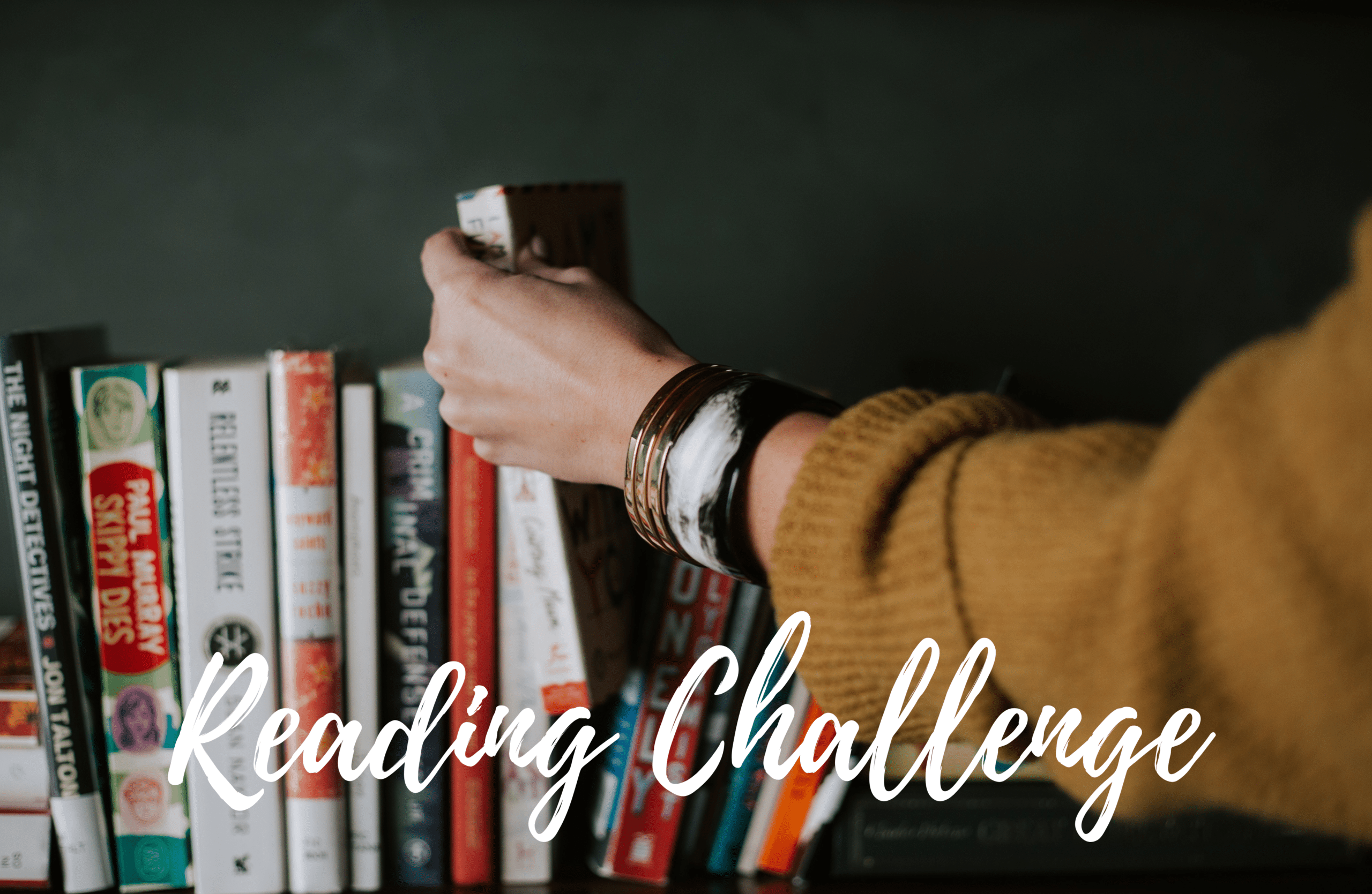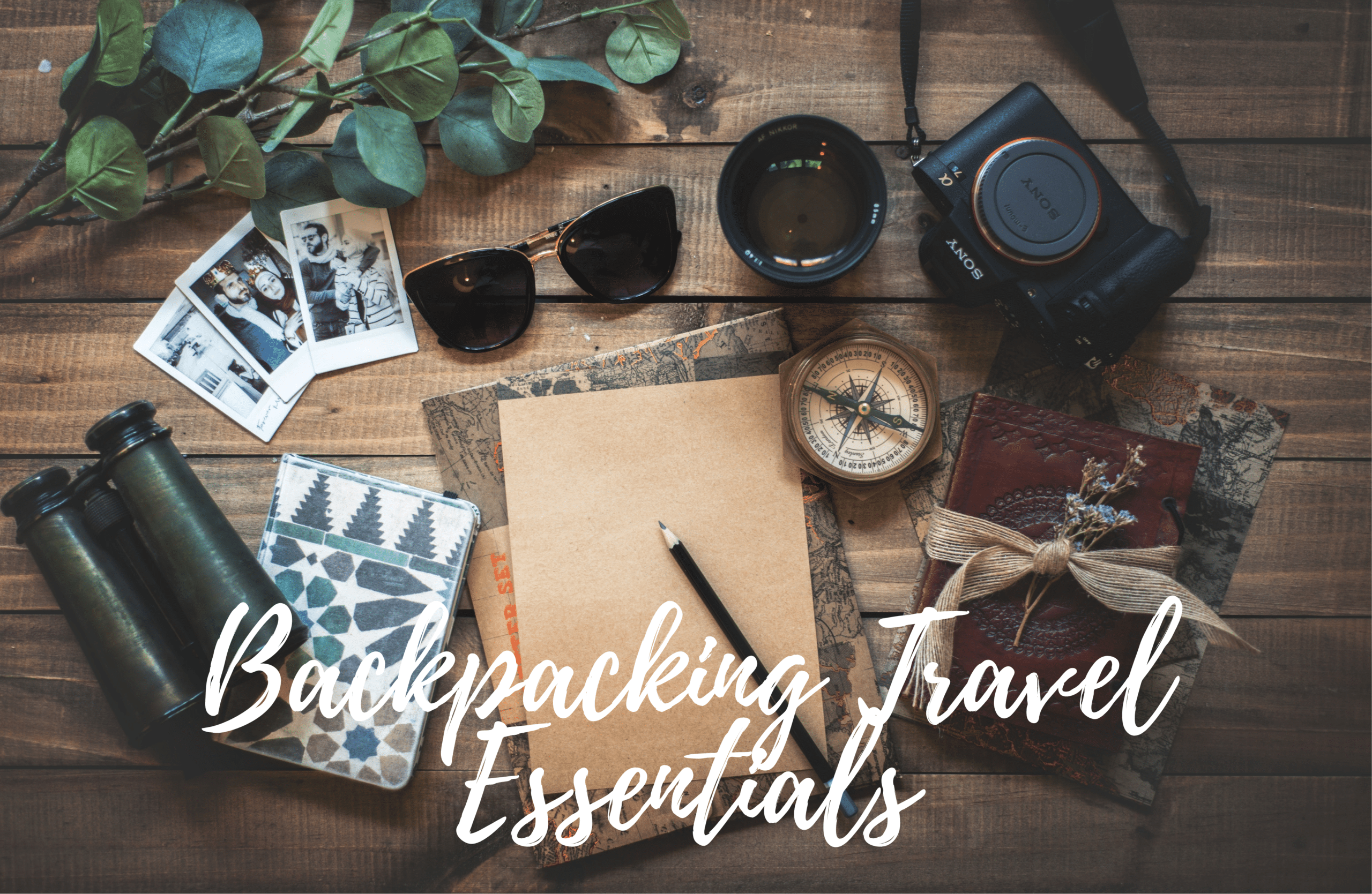The 52 Book Club reading challenge is exactly what it sounds like. Those who complete the reading challenge will read 52 books in 365 days, which roughly averages out to one book a week. You do not need to read exactly one book a week to complete the reading challenge, but it is a great goal to have to keep you on track.
I first completed the 52 Book Club reading challenge in 2020, and have done it consistently every year since. Reading was an incredible mindfulness technique during a time period as traumatic as the global pandemic, but there were so many other hidden benefits to this reading challenge that I had not even considered.
Below are the top lessons I learned from completing my 52-book-a-year reading challenge.

Lessons learned from completing the book-a-week reading challenge
1. Knowledge and Intellectual Growth
In the words of Tyrion Lannister “a mind needs books like a sword needs a westone”.
The first answer here might be the most obvious. Books contain knowledge. In completing the book-a-week reading challenge, I learned a great deal about topics that I was, frankly, ignorant to. I heard first-hand accounts of the Chernobyl meltdown, dove into the epic battle of energy between Edison and Tesla, and educated myself on systemic inequalities in political systems across the world.
Heck – Devil in the White City taught me so much about Chicago’s architecture that I never knew before, despite LIVING there for over 20 years. These were buildings that I passed by time and time again, and never gave any thought to. Now, I know the fascinating history behind them and my perspective is forever altered.
When you read books, you accumulate knowledge. An accumulation of knowledge contributes to intellectual growth, and helps you understand the world around you and the events that shaped it.
2. Vocabulary and Communication Skills
Reading exposes you to a variety of new words, phrases, and sentence rhythms. Some novels have a simple plot, yet the words flow like poetry. Others have intense plot devices with a snarky and cutting tone. Authors weave together metaphors, joining two entities in ways that never would have even occurred to you.
Throughout the book-a-day reading challenge, I learned so many new“Pocket words”, as my dad calls them. Sometimes, these words give meaning to a feeling, something that is difficult to describe. Like apricity which means the warmth and joy of the sun after a long winter. Never knew that was a word until recently – yet, it was something I experienced every single year emerging like butterflies from cocoons after a Midwestern March.
Generating this rich vocabulary has enhanced my communication skills. I am able to express myself more precisely, and articulate my thoughts more clearly through speaking and writing. I’ve noticed this change in both my work and personal life – which is really neat! A reminder that vocabulary building continues outside of high school English Lit class.
3. Cognitive Development and Critical Thinking
It is one thing to read the words on the page of a book. It is another thing entirely to derive deeper meaning from them. THAT is where the magic happens.
Understanding that the events and characters in Lord of the Rings were derived from Tolkein’s own experiences and connections fighting in World War I hint that the effects of war in Middle Earth might not be too different from war in our own world. Or recognizing that the juxtaposition between Jay Gatsby’s glitzy, lavish parties and his internal melancholy and sadness
As I grew more comfortable in my reading routine, I began sitting with books longer. I would try to uncover what an author meant with a certain phrasing or passage – like a detective digging through case files. I began to make connections throughout the text, uncover motifs, and parallel the message with the book with the “real world”.
4. Creativity and Imagination
Who needs a TV screen when you have the best IMAX available right in your very own brain? At a certain point when I am reading, I barely even see the text anymore. I am fully astral projecting into the world of the book in hand – following Lyra Belaqua through the wintery landscapes of Svalbard, wandering the groves of Prince Edward Island with Anne Shirley, or setting off to fight pirates alongside Peter and the Lost Boys.
Before beginning the book-a-week reading challenge, I forgot how to read for fun. Reading was a “chore” or “homework” that had to be done before I could get on to better parts of my day. Slowly but surely, I began to tap back into my imagination – I felt like a kid again. I could transport myself literally anywhere in 5 minutes flat.
To quote George R.R. Martin: “The man who reads lives a thousand lives. The man who never reads lives only one”.

5. Empathy and Emotional Intelligence
Reading fiction and memoirs, in particular, can help foster empathy, and can broaden your perspective on the world to learn how people with different backgrounds and histories experience the world. It is easy to fall into the trap
It is important to note that reading cannot teach you want it means to BE something that you are not. You can never truly understand what it is like to experience the world as another race, or gender, or socioeconomic background. But you can begin to ____. Empathy can help you recognize your own privileges, and even your own subconscious prejudices (we all have ‘em).
Immersing yourself in stories and characters’ experiences enables you to empathize with their emotions, challenges, and perspectives of the world. And I think this ability often translates back into the ‘real world’. Enhanced empathy helps you build tighter interpersonal relationships, creates a better understanding of others, and strengthens emotional intelligence.
6. Stress Reduction
Reading can be a fantastic stress-relieving activity. It provides an escape from everyday worries and allows you to climb inside a different world or story – even if only for a short time.
During the book-a-week reading challenge, I woke up every morning and immediately climbed into my squashy ‘reading armchair’ with a piping hot cup of coffee. This routine quickly became necessary for me to establish a sense of calm before the proverbial “storm” of my workday. Over time, I found that this dedicated time for self-reflection and escapism helped prepare me for anything the day through my way.
I am still not someone who can read at night. There is too much swirling around in my head from the day. But if you find the right time in your schedule, reading has this uncanny ability to mentally stimulate your creativity and inspire you to “go get it”.
7. Mental Stimulation
Although I love myself a good Netflix binge session, watching TV or scrolling through social media are passive activities. Much of the world-building is already done for you – you just have to sit and absorb it. Reading, on the other hand, is an active activity. To derive the full benefit from reading, you have to use you imagination to visualize what the author is trying to tell you. You are also actively storing the text away in the deep files of your brain for later.
Reading keeps your brain active and engaged, and is even though to prevent cognitive decline and promote brain health. Studies have suggested that reading can help reduce the risk of age-related cognitive disorders, such as Alzheimer’s disease and dementia.
I found that diving into a book the very first thing in the morning for the full year of my reading challenge drummed up motivation to conquer my day. It inspired me to write more and create. So many other positive habits emerged from my morning read sessions. It is almost as if reading jump-started all of the other areas of my brain for the rest of the day.
8. Personal Growth and Self-Reflection
Reading more books can help you on your own, personal life journey and development. Most people think that only ‘self help books’ can help you achieve this self reflection – and many are turned off by the prospect of reading countless books about ‘growing wealth’ or ‘starting a business’. But I’ve found that mindset under-estimates how impactful other types of books can be.
During my reading challenge, I found that biographies and autobiographies were some of the best books in helping me self-reflect. I found that hearing the stories and life journeys of others offered a great deal of guidance and wisdom to relate back to my own life. Reading the life journey of people who inspire you helps instill a motivation for you to set forth and achieve your own goals. It is a reminder that even really successful people started at square one – they just persevered their way along.
Novels can also help create this sense of introspection. Reading the stories of so many different characters teaches you lessons about yourself and what your values are. The characters you relate to help you gain a deeper understanding of yourself and your aspirations.

9. Expanded Horizons and Cultural Awareness
Books are a passport in and of themselves. By picking up a book, you can find yourself transported to rural Japan, Middle Earth, or Nairobi in the year 2154. Reading exposes you to diverse perspectives, cultures, and experiences.
Although the very best way to learn about a culture is to travel and experience it firsthand, plane tickets are expensive. Books are the next best thing. As part of my reading challenge, I tried to read books from different countries, authors, and backgrounds to help me develop different perspectives of the world and to learn more about different cultures that I maybe was not as exposed to before. This expanded awareness promotes tolerance, empathy, and a profound appreciation for diversity.
That’s all, folks!
Hopefully these tips help inspire you to complete your own reading challenge. Incorporating reading into my daily routine has changed my life and my mindset in the best possible way. It is truly a habit that I will continue to carry with me moving forward!
Have you completed a reading challenge? Share your experience in the comments!
If you’re looking for reading inspiration, check out my list of five star reads here.








0